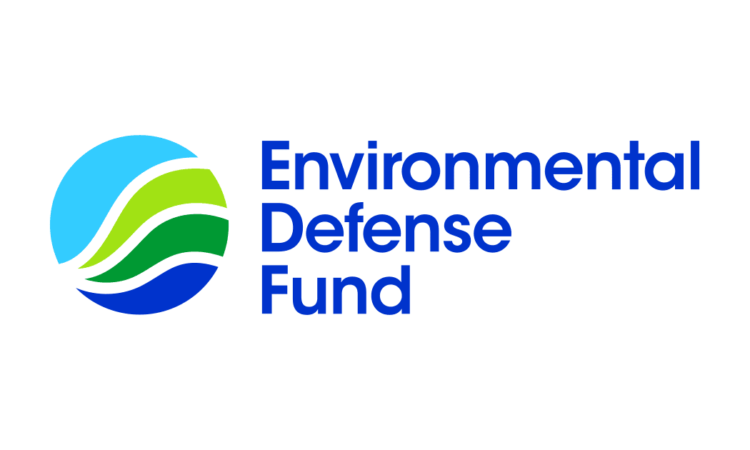
WASHINGTON — The U.S. House of Representatives on Wednesday voted on a reckless debt ceiling package that would hobble America’s flourishing clean energy economy. House Republican leadership is threatening our economy with a financial crisis and global downturn of substantial severity if they aren’t allowed to repeal the historic clean energy investments in the Inflation Reduction Act.
Democratic and Republican presidents over the last five decades as well as legislative leaders Sen. Schumer, Sen. McConnell and Rep. Jeffries, have all said the United States must never default on its obligations.
If GOP lawmakers continue to refuse to raise the debt ceiling, the U.S. could default on its debt as early as June. That would leave the government without money to pay the military, federal employees, and beneficiaries of programs like Social Security and Medicare, among others.
“Many of the new jobs and clean energy projects from the Inflation Reduction Act are already expanding in areas represented by Republicans,” said Elizabeth Gore, Environmental Defense Fund’s senior vice president for political affairs. “It makes no sense that Speaker McCarthy would target these important incentives that will help revitalize communities and help combat the climate crisis.”
The GOP debt limit plan would repeal broad swaths of the tax policies meant to move us toward a clean energy future, including a partial end to popular tax credits for electric vehicles. Late-night amendments to the plan would repeal funding for critical programs that reduce air pollution at the local level.
Companies have announced more than 142,000 new clean energy jobs since the Inflation Reduction Act’s passage in August 2022, according to newly released data from Climate Power. These are family-sustaining jobs for electricians, mechanics, construction workers, technicians and many others.
Roughly two-thirds of the major projects are in districts whose Republican lawmakers opposed the Inflation Reduction Act, Politico reported in January after analyzing energy manufacturing announcements made since the bill’s enactment.
Their plan also includes the harmful energy package H.R. 1, as well as the dangerous REINS Act, which would obstruct the federal government from carrying out actions mandated by Congress, including laws with strong bipartisan support, preventing or delaying critical public health and safety protections.






